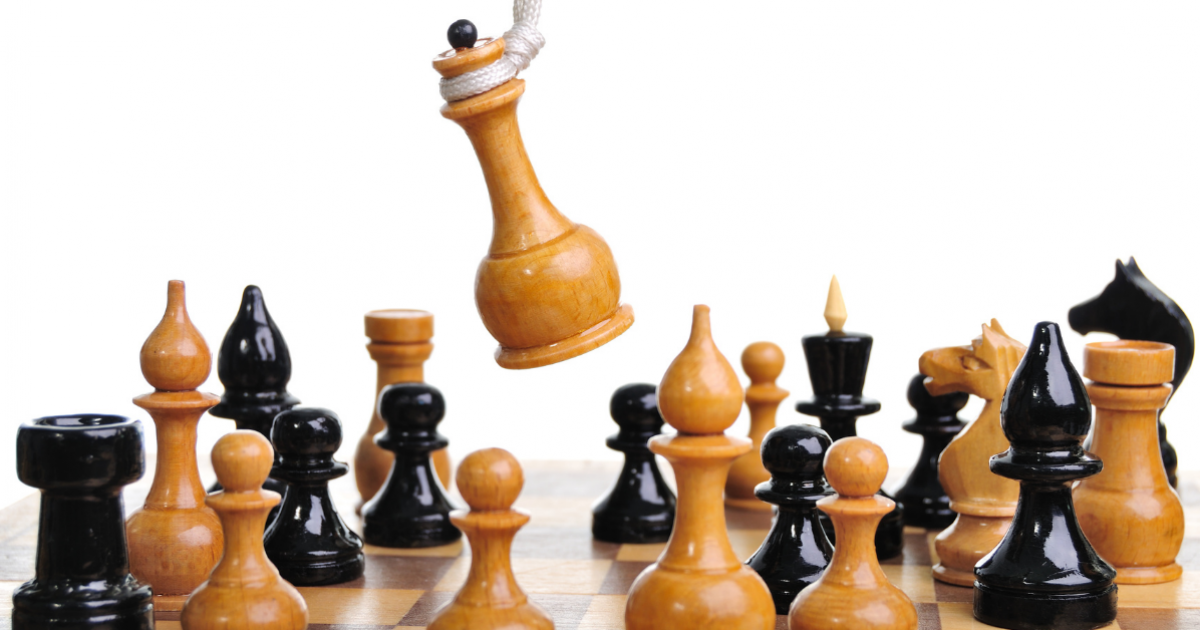
Move over equality, ‘equity” is the new hotness.
Over the past 30 years, researchers including Mary Daly of the San Francisco Federal Reserve say that inequality in employment, education, and earnings has cost the U.S. economy nearly $22.9 trillion, a figure that is likely to rise as minority populations expand.
“The opportunity to participate in the economy and to succeed based on ability and effort is at the foundation of our nation and our economy,” the authors wrote. “Unfortunately, structural barriers have persistently disrupted this narrative for many Americans, leaving the talents of millions of people underutilized or on the sidelines. The result is lower prosperity, not just for those affected, but for everyone.”
Brookings Papers on Economic Activity has calculated how inequality has affected the economy’s growth for the past two decades. Stanford University’s Shelby Buckman, Brookings’ Laura Choi and Boston University’s Lily Seitelman wrote the paper detailing this research.
The new research contributes to a growing literature that seeks to measure inequality in the United States. Professors Dana Peterson and Catherine Mann published a study last year claiming that closing racial gaps would have added over $16 trillion to the U.S. economy since 2000. Several economists have explored racial biases in the labor market, including William Darity, Lisa Cook, and others.
“This is a simple exercise, in many ways, to demonstrate an important point, which is that the gains to GDP are for everyone and closing the gaps isn’t a zero-sum game,” Daly told reporters on a call. “It’s not just that we’re rearranging distributionally (sic) the proceeds from the same-sized pie, we’re actually improving the size of the pie and then distributing the proceeds from that improvement, so that’s a different game than what many people think about when they think about equity.”
Several labor and employment indicators are used by the Brookings paper economists to calculate the cost of inequality. As a result of disparities such as the average Black male earning $8 less per hour than his white counterpart, the employment gap between Blacks and whites not changing since 1990, and the widening wage gap between Blacks and whites, we are losing potential economic output.
Because racial groups utilize education differently, education cannot solve racial disparities on its own. The chances of a white or Asian American securing a job requiring the same education as they did are greater than those of a Black or Hispanic American.
“The persistent and large differentials in the employment opportunities of racial and ethnic minorities, even after controlling for educational attainment, point to considerable underutilized human resources that if more equitably allocated could boost aggregate output,” the authors wrote.
Further, a growing number of minorities – such as Hispanic Americans – may negatively impact future output as the population of these groups grows.
“Given that the population share of racial and ethnic minorities continues to rise, the gains will only grow in the future,” the authors wrote. “More equitable allocation of talent by education, employment, and jobs improves innovation, invention, and entrepreneurship, which set the foundation for growth today and growth in the future.”
For three years, I practiced four to six hours a day to improve my playing in high school. I did not go out, I didn’t go to movies, I sacrificed most of my high school years for this. Amazing; somehow, the harder I worked the more “gifted” and “blessed” I became.
I’ll never forget the audition where I was “pre-graded” and given a harder piece of music to sight-read in order to make it “fair” to the other musicians who weren’t as lucky as we were. These guys were friends but serious competitors; I had to stay on my toes with them.
They chose a much less accomplished actor to play the lead-he was over his head and screwed up royally. They lowered the standard and rewrote both solos when he wasn’t able to handle the complexity or the register. The three of us still laugh about this every now and then.
True “equality” would mean that everyone would get a chance to see over the baseball fence regardless of height-perhaps by adding boxes for the shorter people to stand on.
It seems as though equality is achieved by cutting off the legs of tall guys-and now no one can see the game.



